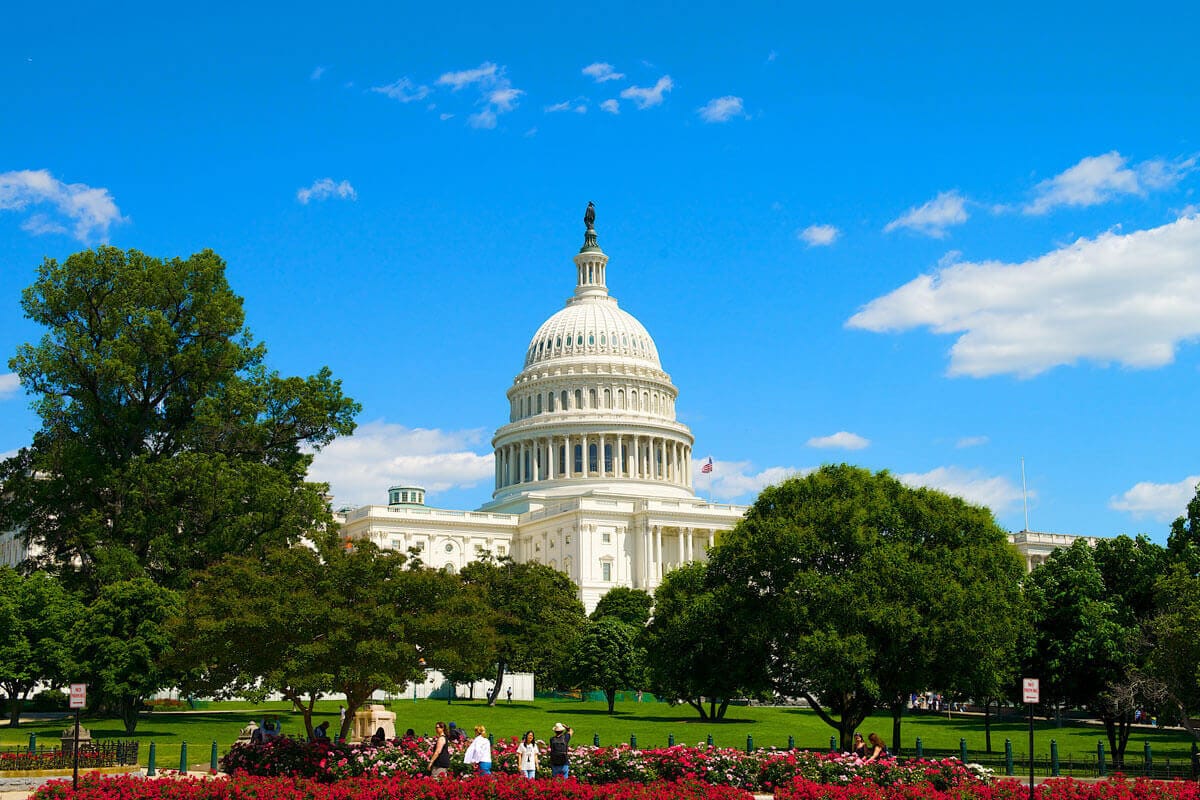On a day marked by heightened security and a palpable sense of historical significance, Congress convened to certify the results of the 2024 presidential election, officially affirming Donald Trump’s victory. This momentous occasion comes four years after the Capitol riot, an event that profoundly impacted American politics and public trust in democratic institutions. The certification process unfolded in the House and Senate chambers, where lawmakers from both parties engaged in discussions about the integrity of the electoral process and the implications of the election results.
The atmosphere in the Capitol was notably different from that of January 6, 2021, when a violent mob stormed the building in an attempt to overturn the results of the 2020 election. In the wake of that unprecedented event, Congress took measures to enhance security protocols, ensuring that the certification process would proceed without incident. Law enforcement agencies were on high alert, and access to the Capitol was tightly controlled, reflecting the lessons learned from the past.
As the session commenced, members of Congress reiterated their commitment to upholding the democratic process. Both the House of Representatives and the Senate engaged in discussions that highlighted the importance of electoral integrity and the need for bipartisan cooperation. Lawmakers expressed their determination to ensure that the will of the voters was respected and that the certification process was conducted transparently and fairly.
The certification of Trump’s victory is a significant milestone in a political landscape that has been characterized by division and polarization. Following a contentious campaign season, the results reflect a shift in voter sentiment and the evolving dynamics of American politics. Trump’s return to the forefront of the political scene has reignited discussions about his policies, leadership style, and the future direction of the Republican Party.
In the aftermath of the certification, political analysts are examining the implications of Trump’s victory for both the Republican Party and the broader political landscape. Some view this development as a reaffirmation of Trump’s influence within the party, while others caution that it may further entrench divisions among voters. The implications for the Democratic Party are also significant, as they grapple with the challenges of opposing a figure who has proven to be a resilient force in American politics.
Public reaction to the certification process has been mixed, with supporters of Trump celebrating the outcome as a vindication of their beliefs, while critics express concern about the potential consequences of his return to power. The polarization surrounding Trump remains a defining feature of contemporary American politics, with discussions about his policies and actions continuing to evoke strong emotions on both sides of the aisle.
As Congress moves forward from this historic certification, the focus will likely shift to the upcoming presidential campaign and the strategies that both parties will employ in the lead-up to the election. The landscape is expected to be competitive, with key issues such as the economy, healthcare, and national security taking center stage in voter discussions. The certification of Trump’s victory serves as a reminder of the complexities and challenges that lie ahead for both parties as they navigate a rapidly changing political environment.
In conclusion, the certification of Donald Trump’s victory in the 2024 presidential election marks a pivotal moment in U.S. political history, occurring four years after the Capitol riot that shook the foundations of American democracy. As Congress officially affirms the results, the implications of this decision will resonate throughout the political landscape, shaping the discourse leading up to the next election. The commitment of lawmakers to uphold democratic principles remains crucial as the nation moves forward from a period marked by significant challenges and transformations.



